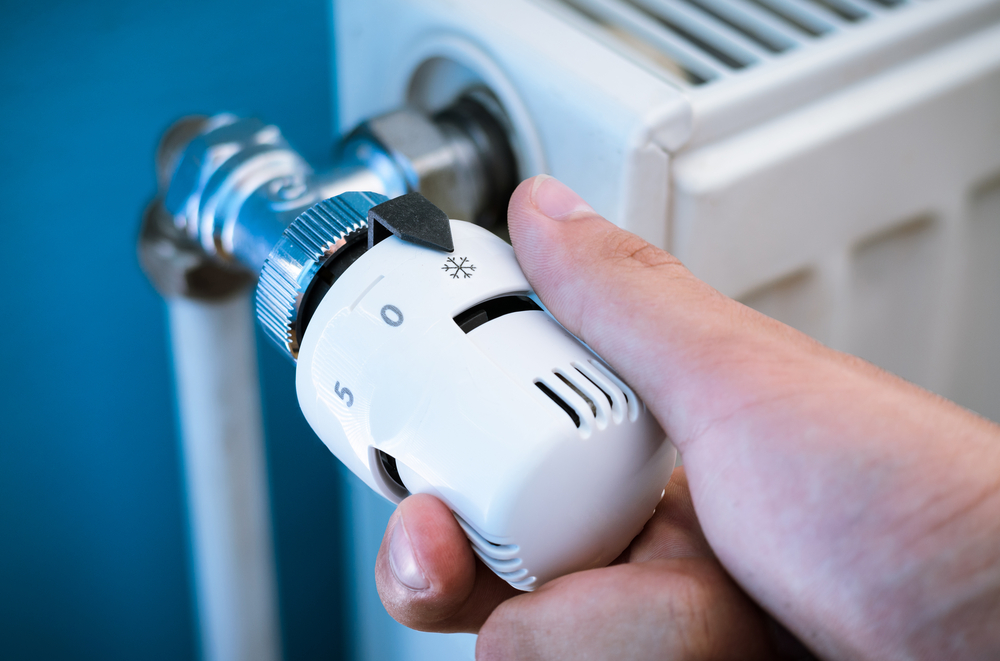Household Bills
Stay-at-home Brits to see energy bills rise by up to £195 a year

UK households could see their energy bills go up by as much as £195 a year as a result of the coronavirus lockdown.
Last night, prime minister Boris Johnson announced dramatic emergency measures in a bid to contain the spread of the virus including instructing all Brits to stay at home.
Comparison site Uswitch estimates households on pricey standard variable rate tariffs will spend an extra £16 a month on energy or around £195 a year.
People who are normally out of the house during working hours will use more energy by boiling the kettle, using the heating, having lights on, using their computer and television, and charging devices like smartphones, laptops and tablets.
Earlier this month, the government announced plans to help people struggling to pay their gas and electricity bills because of the coronavirus outbreak.
As part of the measures, energy firms agreed to reassess, reduce or pause debt and bill payments, and promised not to disconnect any household.
Households on a prepayment meter who are unable to top it up could have a discretionary fund added to their account or be sent a pre-loaded top up card.
People with a prepayment smart meter should be able to top up by phone, mobile app or online.
Anyone who is struggling with their bill or repayment plan should contact their provider to explain their situation and agree what form of help their energy company can give.
Cordelia Samson, energy expert at Uswitch, said: “This is a hugely unsettling time for everyone, with many people staying at home who don’t normally, and some having to juggle looking after children at the same time.
“People will be thinking about vulnerable friends and relatives, so the last thing on their minds will be their energy bill.
“It’s great to see what energy firms are doing to keep the most vulnerable people supplied with gas and electricity, and we would urge all suppliers to continue to work together to protect those in need.”
Top ten energy-saving tips from Uswitch |
|
| Saving energy in the kitchen | Use a microwave. Heat up food in the microwave as often as possible – it’s generally the most efficient way to heat up and cook food because its relatively small size means that a stronger level of heat can be focused on whatever’s being cooked. |
| Be water-conscious. When you’re boiling food in a pan, make sure you only use the amount of water needed to cover the amount of food you’re cooking, because boiling water you don’t need can waste a lot of gas or electricity. | |
| Leave enough defrosting time. Defrost frozen food in the fridge overnight or while you’re at work. Defrosting food in advance typically halves the cooking time and also means that you don’t need to use the energy of a microwave to defrost more quickly. | |
| Use the right size pan. Always use a pan which is the right size for the amount of food you are cooking – this means you won’t waste energy while heating a bigger surface area than you need. | |
| Energy-saving laundry tips | Shrink your bills, not your clothes. 90% of a washing machine’s energy expenditure is spent heating the water, so if you wash your clothes at 30-40°C you’re saving a significant amount of money. |
| Hang up your laundry. Air-dry your laundry rather than tumble-drying it, particularly if the weather is warm or windy. | |
| Save electricity around the home | Don’t leave anything plugged in that isn’t being used. A lot of wasted electricity occurs through leaving appliances plugged in that aren’t being used. Even charger cables that don’t have anything plugged into them, but are still connected to the socket, can waste electricity, so it’s often better to err on the side of caution by unplugging anything that isn’t being actively used and switching the power off at the plug. |
| Save energy around the house | Stay warm, cut costs. Turning your thermostat down by just 1°C can save you as much as £75 per year. |
| Layer up. Wearing jumpers, socks and slippers around the house and putting an extra blanket on the bed means you won’t be tempted to turn the heating up. | |
| Turn the lights off. When you leave a room, don’t leave the lights on unless you’re coming back. | |